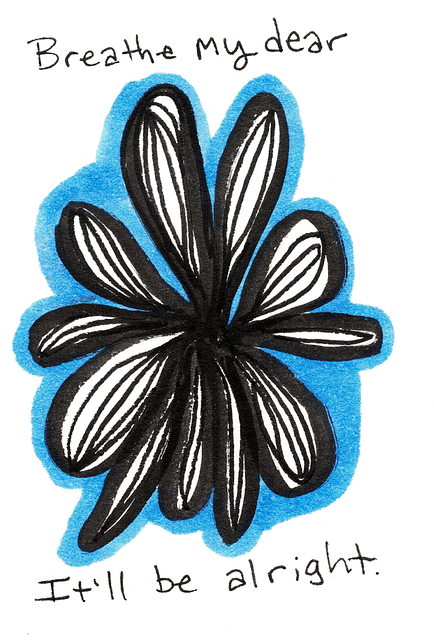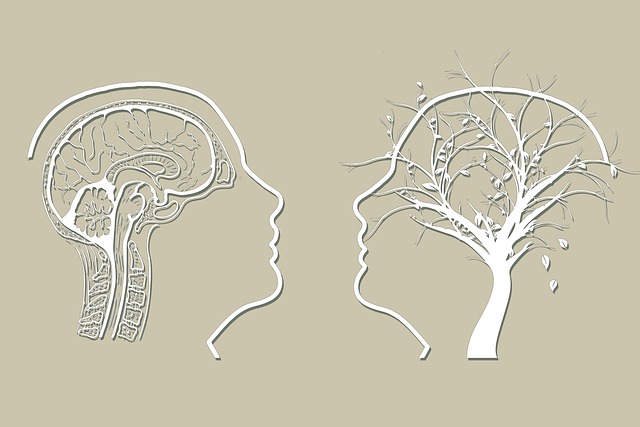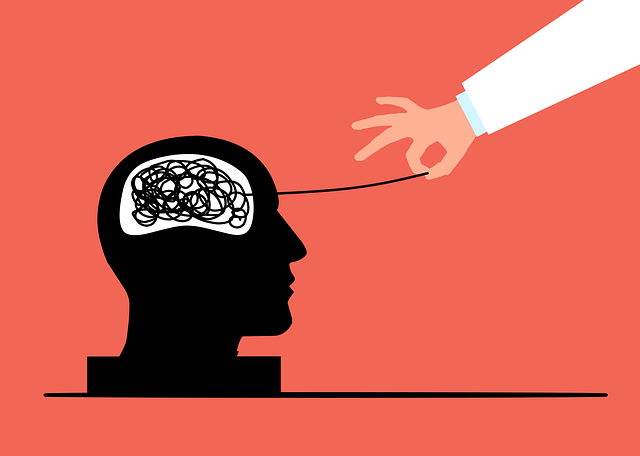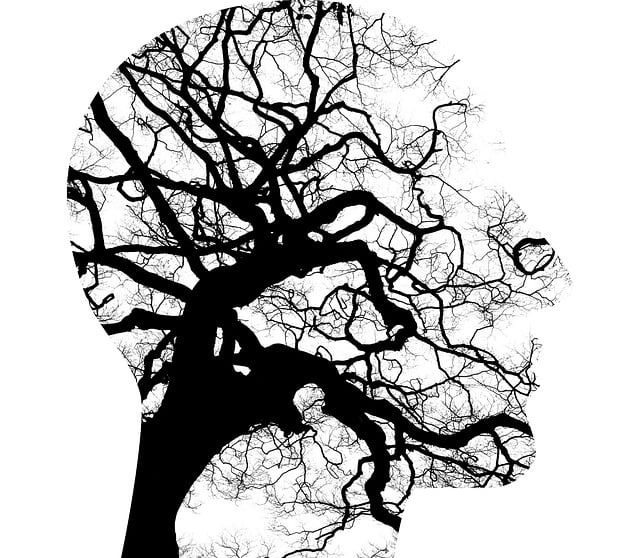Centennial Conduct Disorder Therapy (CCDT) offers a comprehensive approach to managing chronic behavioral issues and mood disturbances. By combining cognitive reframing, mindfulness practices, social skills training, and lifestyle adjustments, CCDT empowers individuals to regulate their emotions effectively. Through specialized workshops, cognitive techniques challenge negative thought patterns, promoting long-term stability and personal growth. Mindfulness meditation enhances emotional resilience and improves interpersonal relationships. Additionally, lifestyle changes like nutrition, sleep, and exercise play a crucial role in achieving balanced moods and overall well-being within CCDT.
Mood regulation is a vital skill for navigating life’s challenges. This comprehensive guide explores various strategies to help you master emotional control. From understanding the basics of mood regulation to innovative therapies like Centennial Conduct Disorder Therapy, we delve into effective solutions. Discover cognitive techniques for stabilizing your mind, the transformative power of mindfulness and meditation, and practical lifestyle adjustments focusing on nutrition, sleep, and physical activity.
- Understanding Mood Regulation: Unraveling the Basics of Emotional Control
- Centennial Conduct Disorder Therapy: A Novel Approach to Addressing Chronic Behavioral Issues
- Cognitive Techniques for Mood Stabilization: Retraining Your Mind
- The Power of Mindfulness and Meditation in Regulating Emotions
- Lifestyle Adjustments: Nutrition, Sleep, and Physical Activity for Optimal Mood Balance
Understanding Mood Regulation: Unraveling the Basics of Emotional Control

Understanding Mood Regulation involves recognizing the intricate interplay between our thoughts, feelings, and behaviors. Emotional control isn’t about suppressing emotions but learning to navigate them effectively. It’s a vital skill that can be cultivated through various strategies, such as mindfulness practices, cognitive reframing, and healthy coping mechanisms. By understanding triggers and patterns, individuals can develop resilience against mood disturbances.
Centennial Conduct Disorder Therapy offers a structured approach to addressing emotional dysregulation. This therapy focuses on teaching individuals how to identify and change maladaptive behaviors while fostering positive ones. Combining this with Mental Health Education Programs Design empowers people to take charge of their emotional well-being. Moreover, Burnout Prevention Strategies for Healthcare Providers can enhance resilience building, ensuring professionals maintain healthy boundaries and avoid emotional exhaustion.
Centennial Conduct Disorder Therapy: A Novel Approach to Addressing Chronic Behavioral Issues

Centennial Conduct Disorder Therapy (CCDT) represents a novel and promising approach to addressing chronic behavioral issues in individuals who may have struggled with Mental Health Awareness for years. This therapy goes beyond traditional methods by focusing on the long-term, sustainable change of conduct patterns rather than merely managing symptoms. CCDT involves a comprehensive understanding of the individual’s background, social environment, and emotional responses, integrating these factors into tailored interventions.
By combining elements of cognitive behavioral therapy, mindfulness practices, and social skills training, CCDT aims to empower individuals with effective mood management strategies. Through Stress Management Workshops organized by specialized organizations, participants learn to identify and alter negative thought patterns, regulate their emotions, and improve their interactions with others. This holistic approach not only addresses the root causes of conduct disorders but also fosters personal growth, enhancing overall well-being and quality of life for those who have long been affected by behavioral challenges.
Cognitive Techniques for Mood Stabilization: Retraining Your Mind

Cognitive techniques offer a powerful tool for mood stabilization, allowing individuals to retrain their minds and gain better control over emotional responses. These strategies are particularly effective in managing conditions like Centennial Conduct Disorder (CCD), where impulsive behaviors and mood swings can be common. By identifying and challenging negative thought patterns, one can disrupt the cycle of low moods and associated behaviors. For instance, learning to replace self-critical thoughts with more balanced perspectives can significantly enhance emotional resilience.
Incorporating conflict resolution techniques and mental health education programs design into daily routines further strengthens this process. Such approaches teach individuals effective communication skills, enabling them to navigate challenging situations without triggering intense mood shifts. Moreover, understanding the signs of burnout prevention and learning to set healthy boundaries can contribute to maintaining a stable emotional state. These cognitive strategies empower individuals to take an active role in their mental well-being, fostering a sense of control and promoting positive moods over time.
The Power of Mindfulness and Meditation in Regulating Emotions

Mindfulness and meditation have emerged as powerful tools in the arsenal of Centennial Conduct Disorder Therapy. These ancient practices encourage individuals to focus on the present moment, observing their emotions and thoughts without judgment. By cultivating a non-reactive mindset, people can better manage intense feelings and develop emotional resilience. Regular mindfulness exercises help to quiet the mind, allowing individuals to gain clarity and perspective on their emotions, which is particularly beneficial for those dealing with conduct disorders.
Incorporating meditation into Self-Care Practices promotes Emotional Well-being Promotion Techniques. It enables folks to detach from negative thought patterns and reduce impulsive reactions often associated with conduct disorders. Additionally, mindfulness encourages conflict resolution techniques by fostering empathy and understanding, key components in navigating interpersonal relationships more constructively.
Lifestyle Adjustments: Nutrition, Sleep, and Physical Activity for Optimal Mood Balance

Maintaining a balanced mood is a multifaceted endeavor, with lifestyle adjustments playing a pivotal role in Centennial Conduct Disorder Therapy and overall emotional healing processes. Nutrition, sleep, and physical activity are key components that intricately weave together to promote emotional well-being promotion techniques and stress management. A diet rich in essential nutrients supports brain health, influencing neurotransmitters responsible for regulating mood. Adequate sleep, crucial for cognitive function, allows the body to rejuvenate and process emotions, while regular physical activity serves as a potent natural antidepressant, releasing endorphins that alleviate stress and enhance overall emotional well-being. Integrating these lifestyle modifications into daily routines can significantly contribute to achieving optimal mood balance.
In conclusion, mood regulation is a multifaceted endeavor that involves understanding emotional control, adopting innovative therapies like Centennial Conduct Disorder Therapy, utilizing cognitive techniques, embracing mindfulness and meditation, and making strategic lifestyle adjustments. By integrating these strategies, individuals can achieve better emotional balance and enhance their overall well-being. This holistic approach ensures that every aspect of life—from therapy to diet and exercise—works in harmony to stabilize moods and promote a happier, healthier existence.










